IAHS News
Reminder: Boosting Engagement in the Digital Water Globe (DWG) by 31 March
Dear IAHS Officers
For the Digital Water Globe (DWG) to fulfil its purpose effectively, it is crucial that all IAHS officers upload their personal profiles. Unfortunately, recent monitoring has shown that only 30% of officers have completed this step. Without broader participation, launching new DWG-related initiatives may prove counterproductive.
Creating your profile is quick and straightforward, taking just a few minutes. You will find a comprehensive set of user manuals on our website which will guide you through the process. While the platform is intuitive, this document should answer any questions you may have.
We kindly ask that you complete your profile by 31st March to help ensure the DWG becomes a valuable and impactful resource for the entire hydrological community.
Your participation is vital to the DWG's success, and we greatly appreciate your time and effort in supporting this initiative. Should you have any questions or require further assistance, please don't hesitate to reach out.
Thank you for your commitment to advancing hydrological science.
IAHS Secretariat
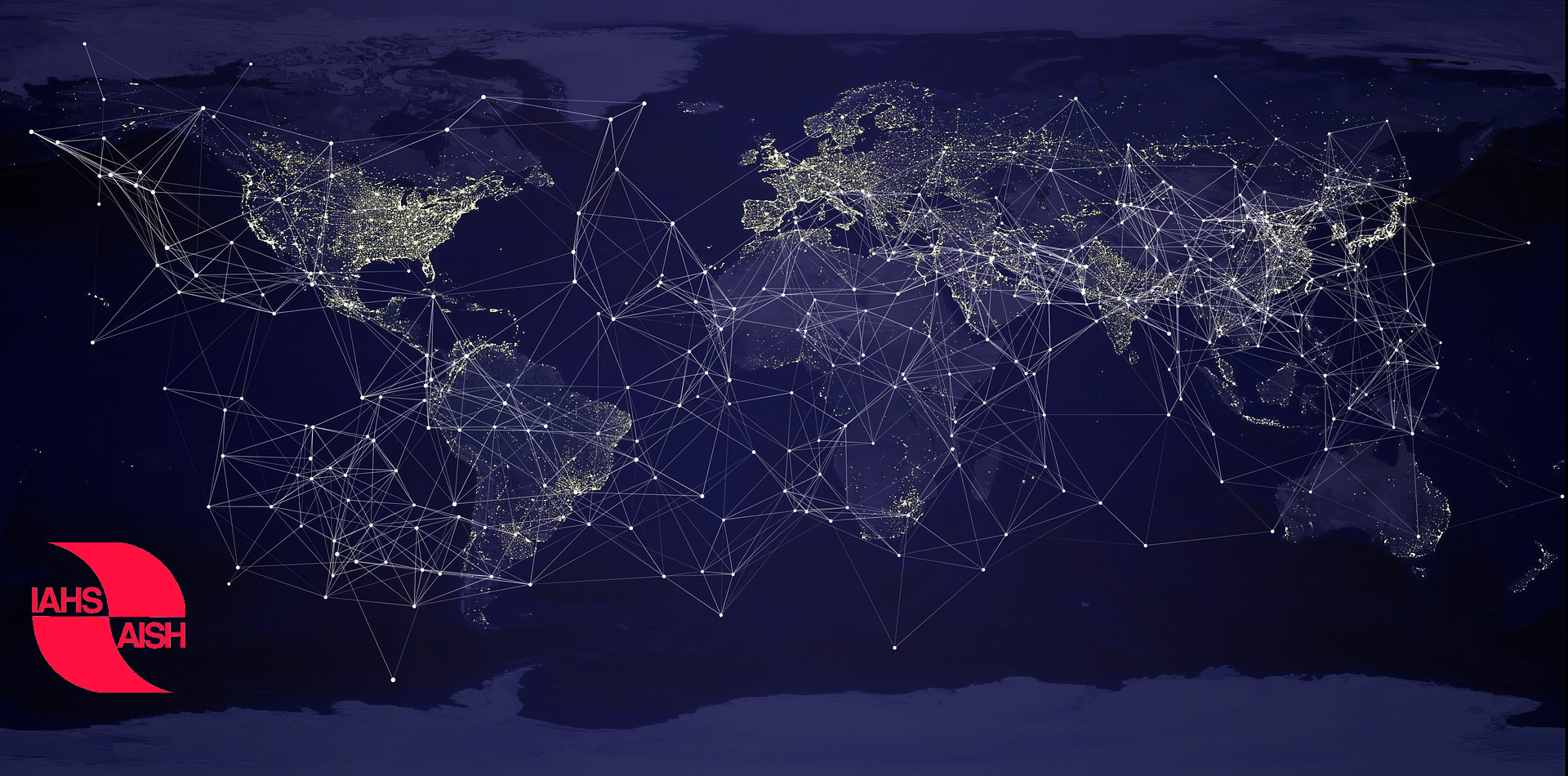
Professor Günter Blöschl honoured with the Stockholm Water Prize 2025!
The International Association of Hydrological Sciences (IAHS) is proud to celebrate the remarkable achievement of Professor Günter Blöschl, former IAHS President, who has been awarded the prestigious Stockholm Water Prize 2025 in recognition of his outstanding contributions to hydrological science.
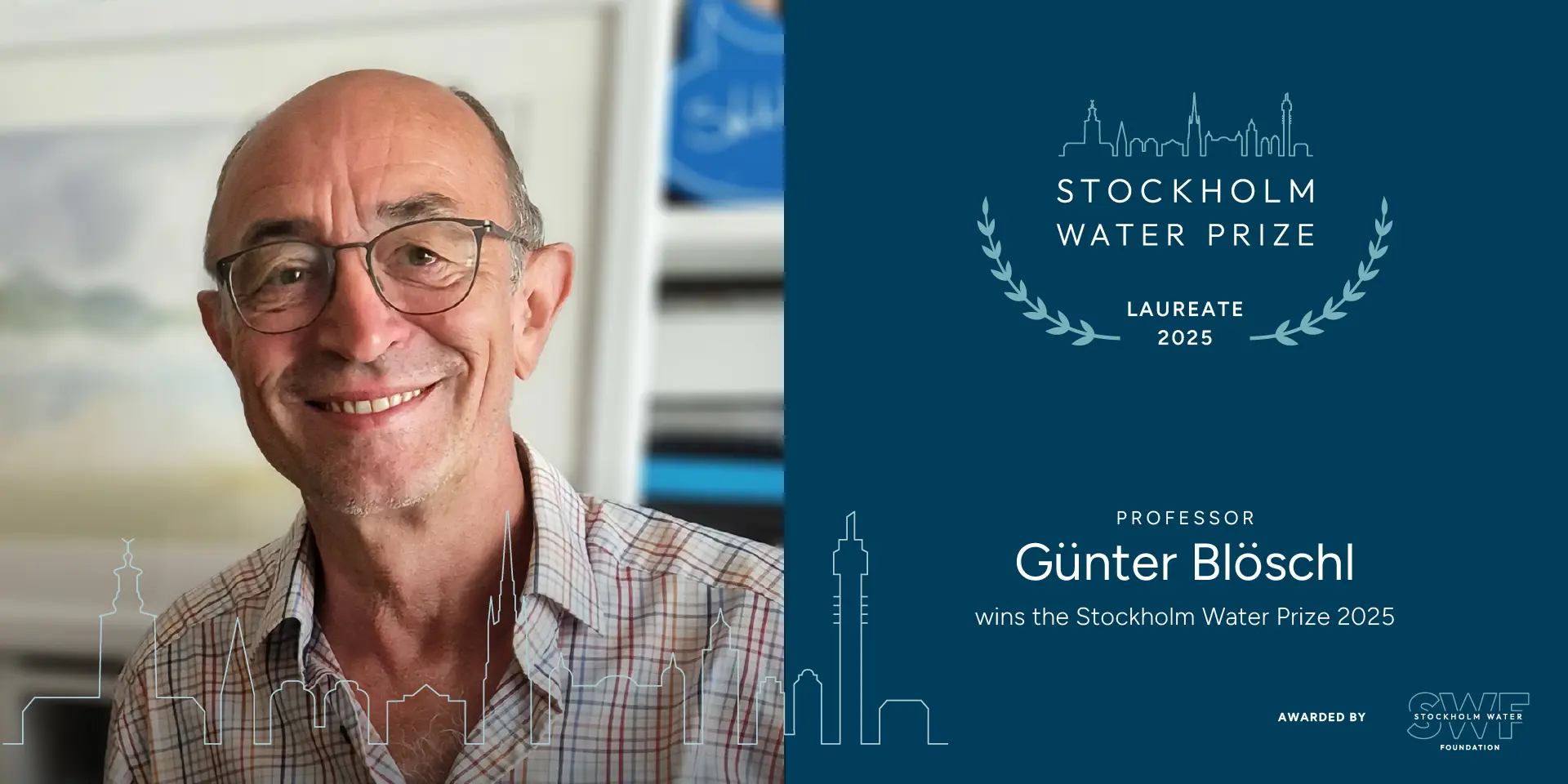
Professor Blöschl's world-renowned work has significantly advanced our understanding of flood risk reduction, water resource management, flood scaling, and regional process hydrology. His ground breaking research has had a profound impact on global water management practices, earning him this well-deserved recognition.
The Stockholm Water Prize has been awarded annually since 1991 by the Stockholm Water Foundation in cooperation with the Royal Swedish Academy of Sciences. The award is presented by H.M King Carl XVI Gustaf of Sweden, the official patron of the Prize, to individuals and organizations for extraordinary achievements in water-related fields.
Günter served as IAHS President from 2017 to 2021 and currently chairs the IAHS Working Group on Unsolved Problems in Hydrology (UPH). His leadership and dedication to advancing hydrological science have been invaluable to IAHS and the broader scientific community.
We extend our heartfelt congratulations to Günter for this exceptional accomplishment, which reflects not only his individual excellence but also underscores the strength and impact of the global hydrological science community.
For more information about the Stockholm Water Prize and Professor Blöschl's contributions, visit: Stockholm Water Prize 2025.
Exciting Recognition for IAHS President, Berit Arheimer: Doctor Ad Honorem
We are delighted to announce that on 31 January, the University of Córdoba's Claustro approved the prestigious acknowledgement of Berit Arheimer as honorary Doctor. Berit was nominated by Prof. María José Polo Gómez, IAHS International Commission of Remote Sensing President-Elect. This well-deserved recognition celebrates Berit's outstanding contributions to hydrological sciences, and we are incredibly proud of this achievement.
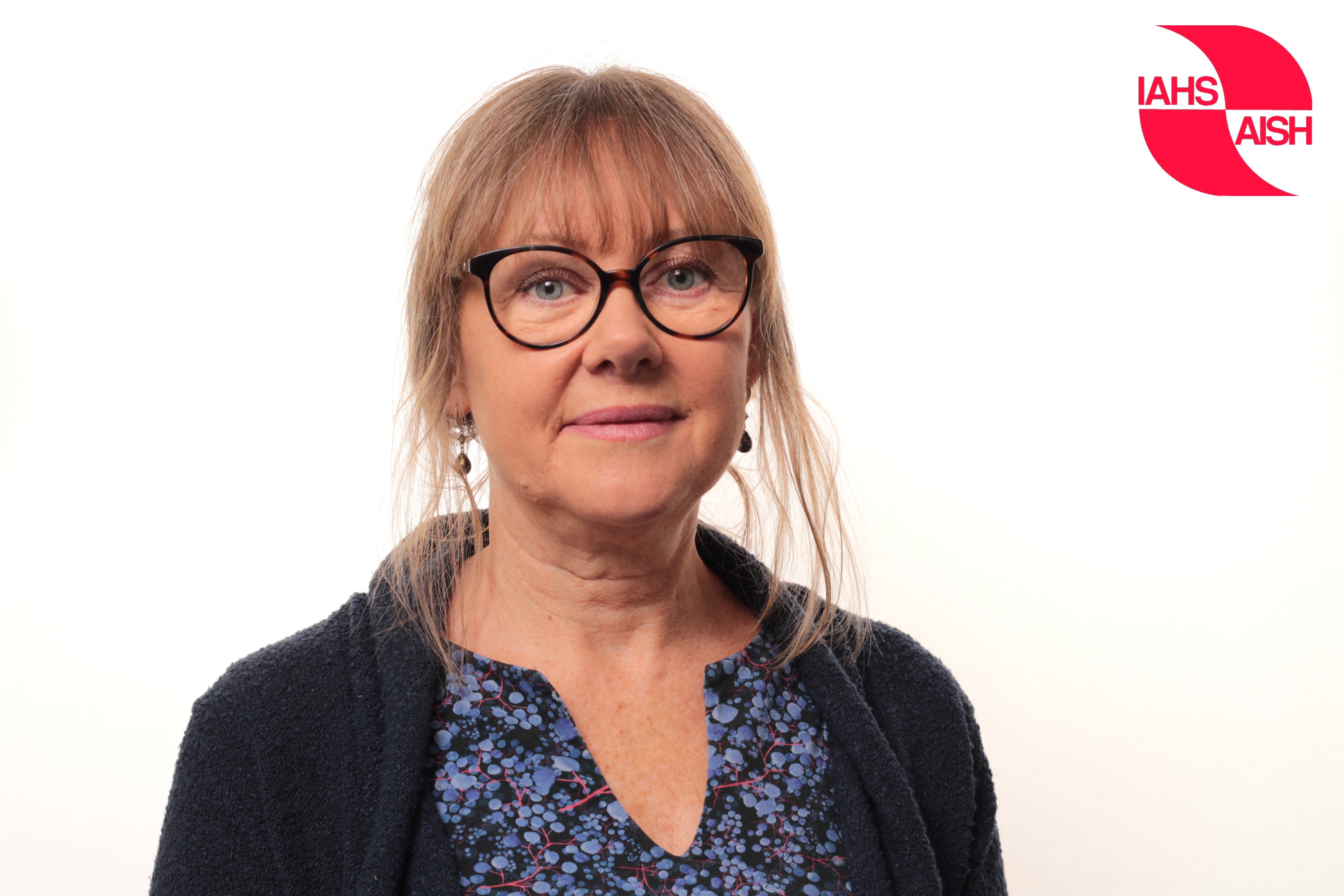
To mark the occasion, a public ceremony will take place in Córdoba on 25 March at 6:00pm (CET) to formally award Berit with this distinguished honour. We understand that this announcement comes with short notice; however, if any IAHS members are willing and able to attend, University of Córdoba would be delighted for you to join. Please let us know if you are able to participate.
Additionally, a seminar titled 'Extremes in Hydrology and Social Awareness' will be held the following day on 26 March between 10:00am-2:00pm CET. This event will feature insights on recent extreme events in Spain presented by Félix Francés from Valencia. Attendance is free, and both in-person (at the University of Córdoba) and online participation options are available. For further details and to register for the seminar, please visit the link below: Register Here
PROGRAMME
10:00 Welcome coffee
10:30 Introduction (online meeting starts)
10:45 “The flooding of southern Valencia in October 2024: lessons learned and recommendations for the future” Félix Francés, Universidad Politécnica de Valencia
11:30 “Current needs for an efficient communication to society: some examples” María J. Polo, Universidad de Córdoba
12:15 “Hydrologists helping society to prepare for floods and droughts - examples from Sweden and the IAHS community” Berit Arheimer, SMHI, President of IAHS
13:00 Conclusions and future steps.
We hope many of you can join in celebrating Berit's remarkable achievement and participating in this insightful seminar.
Join the conversation!
Are you part of the hydrology and water science community? Don’t miss out on the latest research, events, and collaborations—follow the International Association of Hydrological Sciences (IAHS) and Hydrological Sciences Journal (HSJ) on LinkedIn today!

What’s in it for you?
✅ Updates on upcoming conferences & initiatives
✅ A global network of passionate hydrologists & researchers
✅ The latest research and special issues
✅ Highlights from top articles and emerging trends
✅ Opportunities for collaboration and calls for papers
✅ Insights from the global hydrology community.
Help us grow our network!
If you're already following, please share and tag colleagues who should join the conversation.
Follow IAHS on LinkedIn here. Follow HSJ on LinkedIn here.
Let’s advance hydrological science together!
Have you submitted a SYSTA application for ISHC2025 in Tokyo, Japan?
Submit your ISHC2025 SYSTA application before the Friday 28 Feb 9:00GMT deadline! It is so easy to apply; simply submit your application via the Google Form or go to our IAHS News for more details.
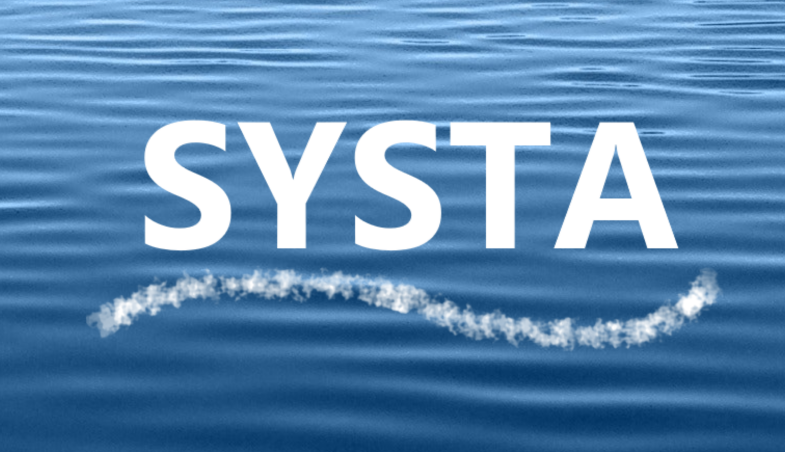
Deadline for SYSTA applications: The ISHC in Tokyo is Friday 28 Feb 2025 at 09:00 GMT.
Ensuring that all applications are received & processed correctly is our priority. If you have any questions, please don’t hesitate to get in touch.
Stay Connected with IAHS on LinkedIn!
Are you passionate about hydrology and water science? Stay updated with the latest research, events, and discussions by following the IAHS on LinkedIn!
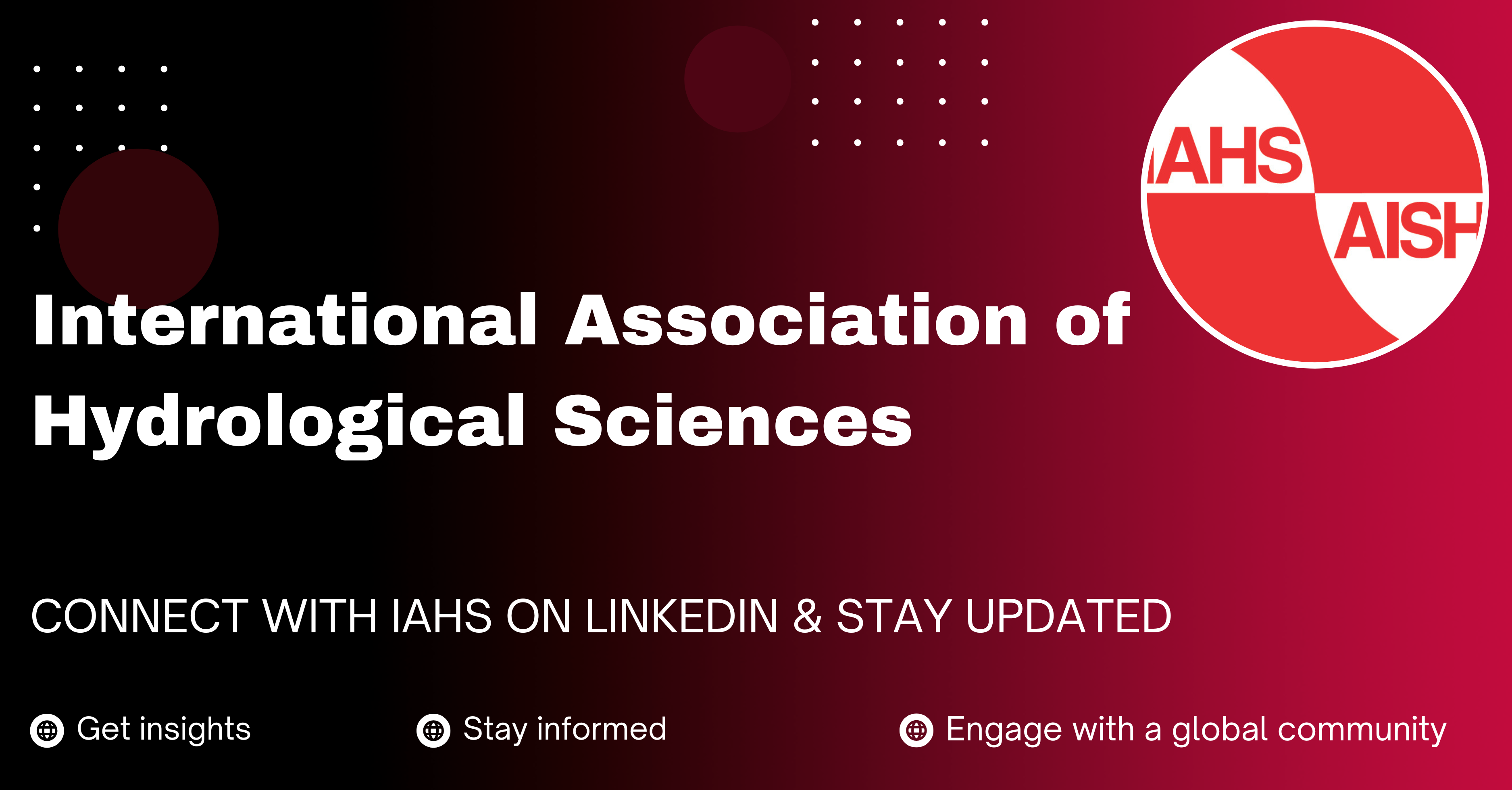
✅ Get insights from IAHS Working Groups & committees
✅ Stay informed about upcoming conferences & initiatives
✅ Engage with a global community of hydrologists
Help us grow our network! If you're already following, please share and tag colleagues who should join the conversation. Follow us here.
Resubmit your SYSTA application if you have not received an acknowledgement
Have You Submitted a SYSTA Application?

We realise that there has been an issue with our email this month. If you have already completed and submitted a SYSTA application for ISHC in Tokyo, Japan or the IAHS Scientific Assembly in Roorkee, India but have not received a response from IAHS within the past two weeks, we kindly ask you to resubmit your application via the following Google Form:
Submit your SYSTA application here.
Deadline for SYSTA applications for the Scientific Assembly is Friday 21 February 2025 at 09:00 GMT and for ISHC the deadline is 28 February 2025 at 09:00 GMT
Ensuring that all applications are received and processed correctly is our priority. If you have any questions, please don’t hesitate to get in touch.
Thank you for your cooperation!
HSJ on LinkedIn
We're excited to announce the launch of the official Hydrological Sciences Journal (HSJ) page on LinkedIn! This page will serve as a dynamic platform to share the latest research, updates and insights from the world of hydrological sciences.

Follow us to stay connected with cutting-edge developments, engage with a global community of experts, and join the conversation shaping the future of hydrology.
IAHS Community News
Across our Committees, Working Groups, International Commissions and Initiatives, exciting research and developments are shaping the future of hydrological sciences.
In this issue, we spotlight studies, highlight key achievements, and share upcoming events that bring our global community together. Whether you’re leading a project, contributing to a working group, or simply keen to stay informed, this newsletter is your go-to source for the latest updates.
And in other news:
- HELPING Working Group Co-Creating Water Knowledge has launched a YouTube channel where the webinars and other videos from their HELPING Working Group will be uploaded and shared.
- HELPING Working Group Hydrologic Design has published a paper entitled Hydrological design in the HELPING decade – inspiring the community to innovate the hydrological design concept
- HELPING Working Group REHYDRATE has published a paper entitled A reassessment of the history of the temporal resolution of rainfall data at the global scale
- The STAHY Legacy Community Paper is a great achievement and is available on TandF Online.
- HELPING Working Group Strategic UN Synergy (SUN) developed its vision and mission statement and can be viewed here.
- HELPING Working Group Outreach, Communication & Science Interfaces has launched a survey to gauge the attitudes, experiences, and wishes of the hydrological community on the subject, to adjust strategies and optimize communication. The results will be published in a community paper. The survey takes approximately 8 minutes to complete and all responses are anonymous. You are invited to share your experiences and opinions, and help increase the quality of science communication in the community. You can participate here.
Stay engaged, get involved, and help us amplify the impact of hydrology worldwide!
Abstract Submission Reminder for International Sociohydrology Conference July 2025
The 2nd International Sociohydrology Conference, co-organised by the IAHS Human-Water Feedbacks Commission, will be held from 19-21 July 2025, in Tokyo, marking its first appearance in Asia.
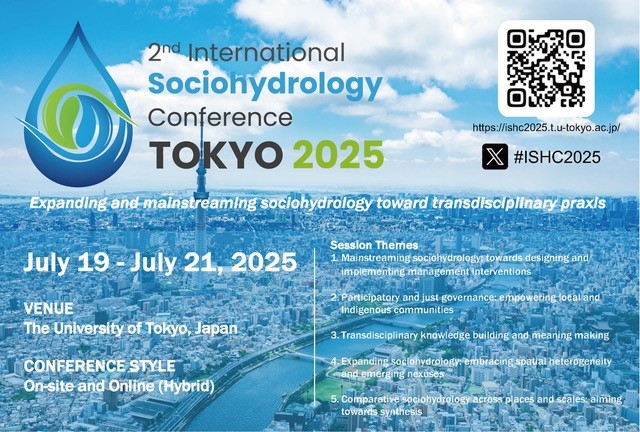
Important Dates
- Abstract Submission Deadline: 28 February 2025 at 09:00 GMT
- SYSTA Application Submission Deadline: 28 February 2025 at 09:00 GMT
- Registration Deadline: 30 April 2025.
SYSTA travel awards are available to eligible early career scientists who meet ALL of the SYSTA Award criteria. Applicants should email the completed application form and a copy of their published paper and conference abstract to IAHS Secretariat before the deadline of 28 February 2025 at 09:00 GMT. Before submitting their application form, applicants should read the “Guidance on completing the SYSTA application form” document. Applications and published paper must be in English. All eligible applications will be evaluated by the SYSTA committee after the deadline to decide on the awards.
